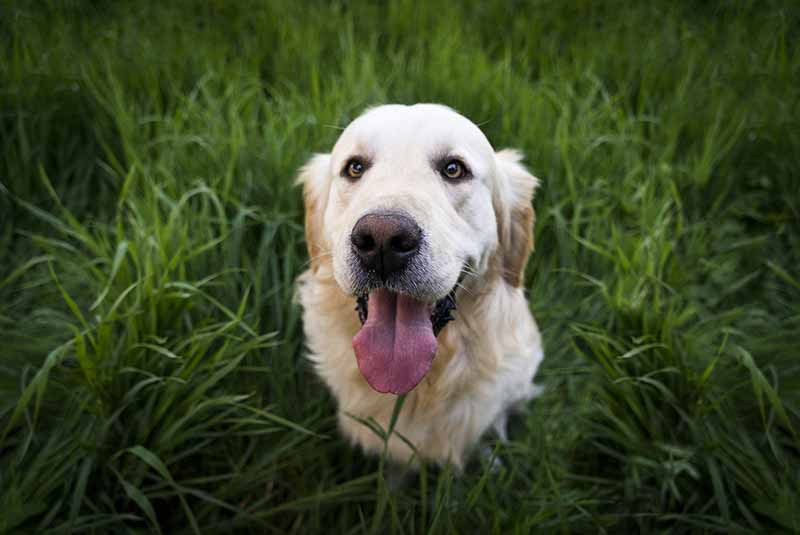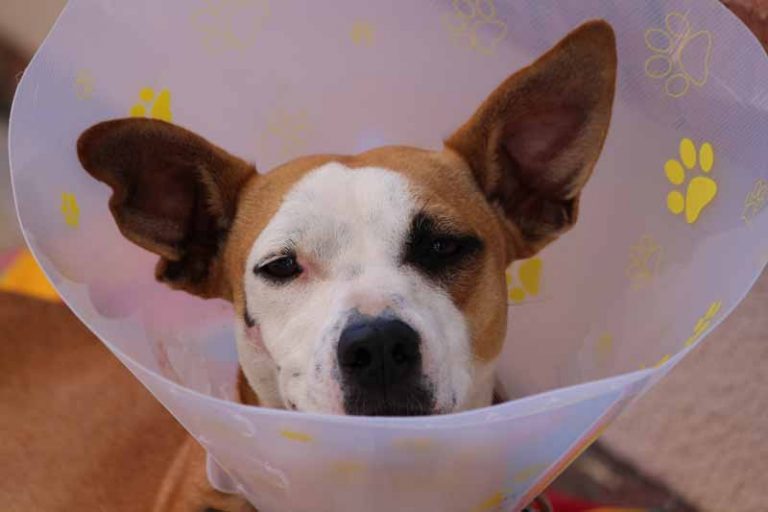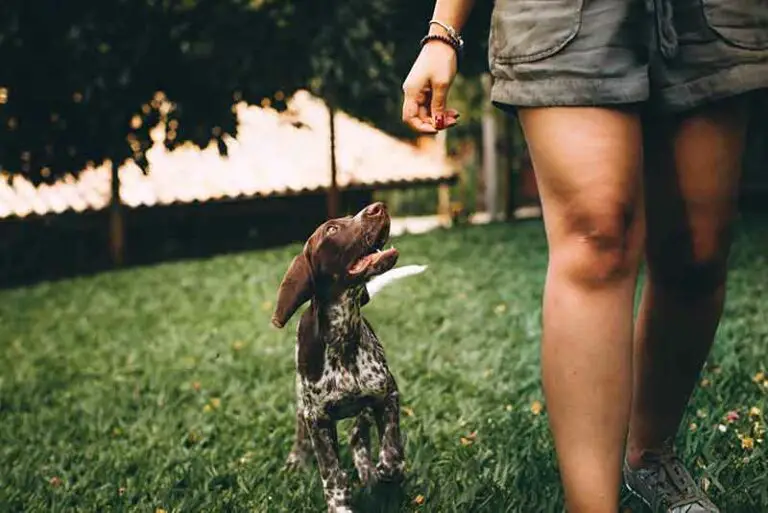Why Do Dogs Eat Grass When Sick?
Your dog may occasionally be caught munching on grass. They either eat the grass and vomit it out later, or they swallow it whole. Now you are worried thinking about why your dog eats grass, especially when they are sick.
Some veterinary professionals think that dogs consume grass because their planned diets are low in greens. Are they sick, or is there nutrition or a taste that dogs love in the grass?
So, why do dogs eat grass when sick? There can be a number of reasons, but if you have ever seen this accelerate when the dog is sick, you might even feel more concerned. However, this kind of unusual grass munching is frequently an indication that your dog feels uncomfortable or ill with a stomach ache, digestive problem, etc.
Why Do Dogs Eat Grass When Sick?
As a dog owner, I often have asked myself what’s the reason dogs eat grass when sick. So, you’re not alone. Let us learn more about this seemingly odd behavior and whether it is safe for dogs to eat grass when they are sick!
It is often thought that dogs eat grass when sick to vomit and feel considerably better. According to widely held views, the tickling sensation of grass blades on a sick dog’s throat makes them more likely to vomit.
Some argue that dogs lack the intelligence to consider that they can recover from sickness by just eating grass. It might as well be the case, considering that, according to studies, dogs who eat grass don’t become sick.
According to their owners less than 10% of dogs appear to be sick before consuming grass, according to another report. Less than 25% of dogs who routinely eat grass and vomit following such behaviors; also, eating grass does not always cause a dog to throw up.
But if the canine has a worm infection or any other digestive problem, he will probably start chewing away at the grass as soon as he can find some. And the roughage in the grass, the fiber, will help his digestive system function more appropriately.
Dogs may eat grass not only because they are sick in the stomach but also because they are anxious.
If you suspect nervous behaviors, keep an eye out for other indicators like increased barking, restlessness, circling, and growling because it might be quite similar to a tense person chewing on their nails when they’re anxious.
Do Dogs Eat Grass To Settle Their Stomach?
Another reason why dogs eat grass when sick might be because they want to enhance their digestive process and settle their stomach.
Grass’s fiber content may improve food passage through your dog’s digestive system. Due to this, grass may also be beneficial if your dog has an underlying digestive illness, such as inflammatory bowel disease (IBS).
Acid reflux also commonly causes stomach discomfort in dogs. Therefore, another explanation for why eating grass temporarily relieves acid reflux could be that it contains pectin, a form of fiber that is beneficial for the condition.
Again, suppose your dogs are consistently vomiting after eating grass. In that case, it is best to visit the vet to see if anything is wrong. It may be related to cancer or liver disease.
Grass eating can also be a kind of pica, which is the consumption of non-food things due to a nutrient deficiency – vitamins or minerals, for example.
However, you may prevent this by feeding your dog a balanced diet and following the veterinarian’s advice. For example, a tiny poodle was said to have eaten grass and then vomited daily for seven years.
The dog’s owner stated that three days after starting the dog on a high-fiber diet, the dog completely stopped eating grass. However, there’s also a chance that something as simple as your dog is enjoying the taste of grass!
However, suppose your dog also exhibits additional symptoms like vomiting, diarrhea, or loss of appetite while eating grass.
Then, you may conclude that your dog is trying to calm an upset stomach. Therefore, it is wise to take the dog to the vet if it does not get better within a few days.
Should You Let Dogs Eat Grass When Sick?
Given what we now know about why dogs eat grass when sick, should you allow your dog to do so?
Eating grass can be nutritious and safe for dogs in many instances. Some studies have even concluded that typical dog behavior was passed down from their wolf ancestors.
Researchers have found that up to 47% of wolves eat grass after studying samples of wolf stools. For the most part, nothing wrong will happen with grass-eating behaviors because dogs that eat grass will digest it similarly to how we would digest a salad.
Furthermore, roughly 25% of dogs will experience gastrointestinal discomfort after eating grass and may vomit.
Before allowing your dog to enjoy the grass freely, keep in mind that there are some situations in which doing so could be harmful. It may be particularly true if the dogs eat grass when sick.
For instance, when the grass is covered in herbicides, fertilizers, pesticides, or other dangerous substances, dogs should avoid eating the grass.
It may potentially make the dog’s stomach problems worse. Dogs who eat grass may also consume intestinal parasites carried by animal feces, such as hookworms and roundworms.
Always keep an eye on your dog when houseplants are nearby because some species can be deadly if chewed or eaten.
Check the ASPCA‘s Animal Poison Control Center website, which holds a list of poisonous plants, to ensure the plants in and surrounding the area where your dog is eating grass are not harmful.
If you suspect your dog has overeaten grass laced with chemicals or a poisonous houseplant, it is best to check with your vet.
Do not forget to consult your veterinarian for recommendations for a balanced, nutritional diet that will best suit the age, breed, and activity level of your dog.
You could give your dog a chew toy to prevent him from eating the grass when outside. Thank you for reading this post. Stay tuned with Jack Russell Owner.









